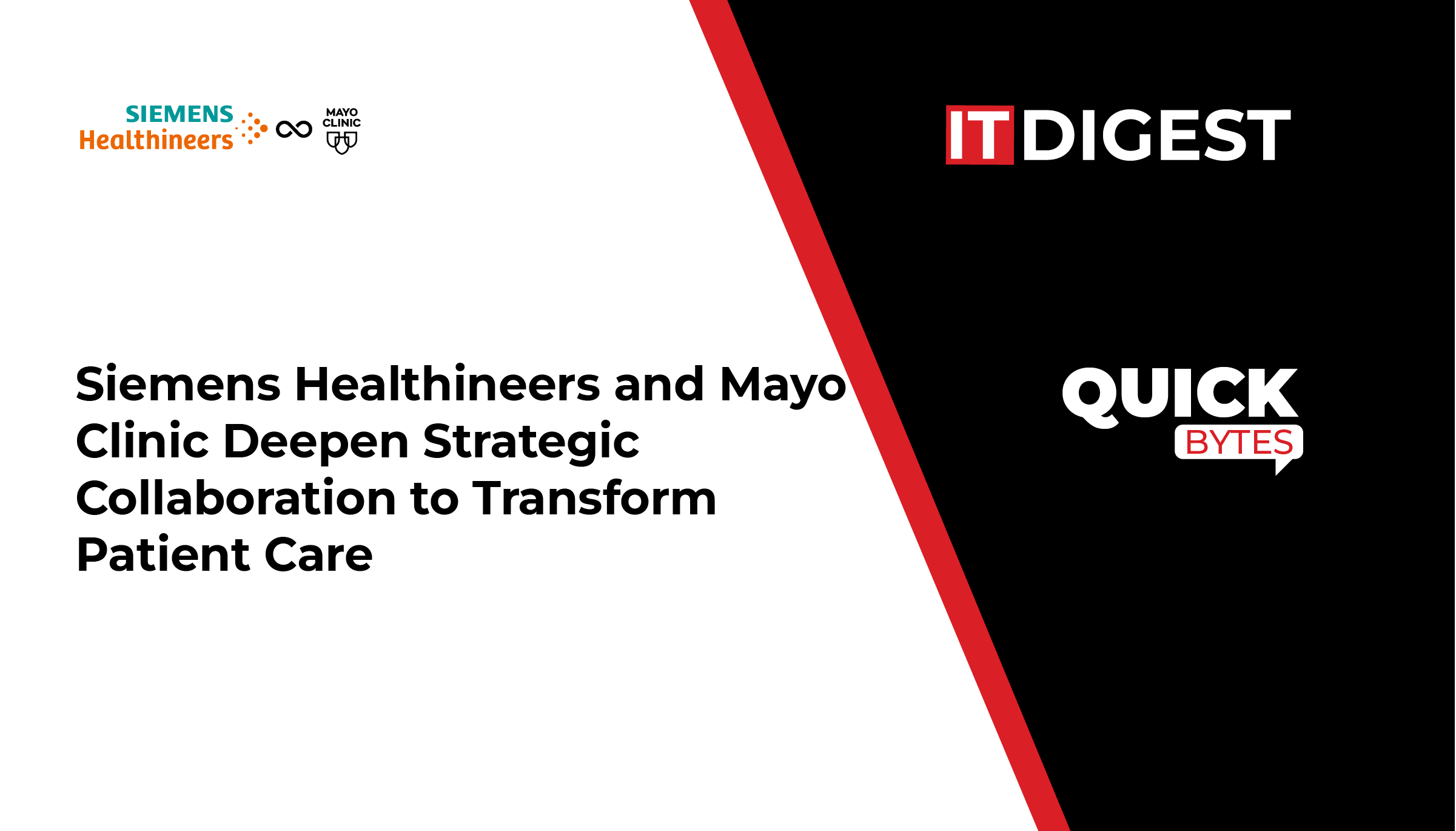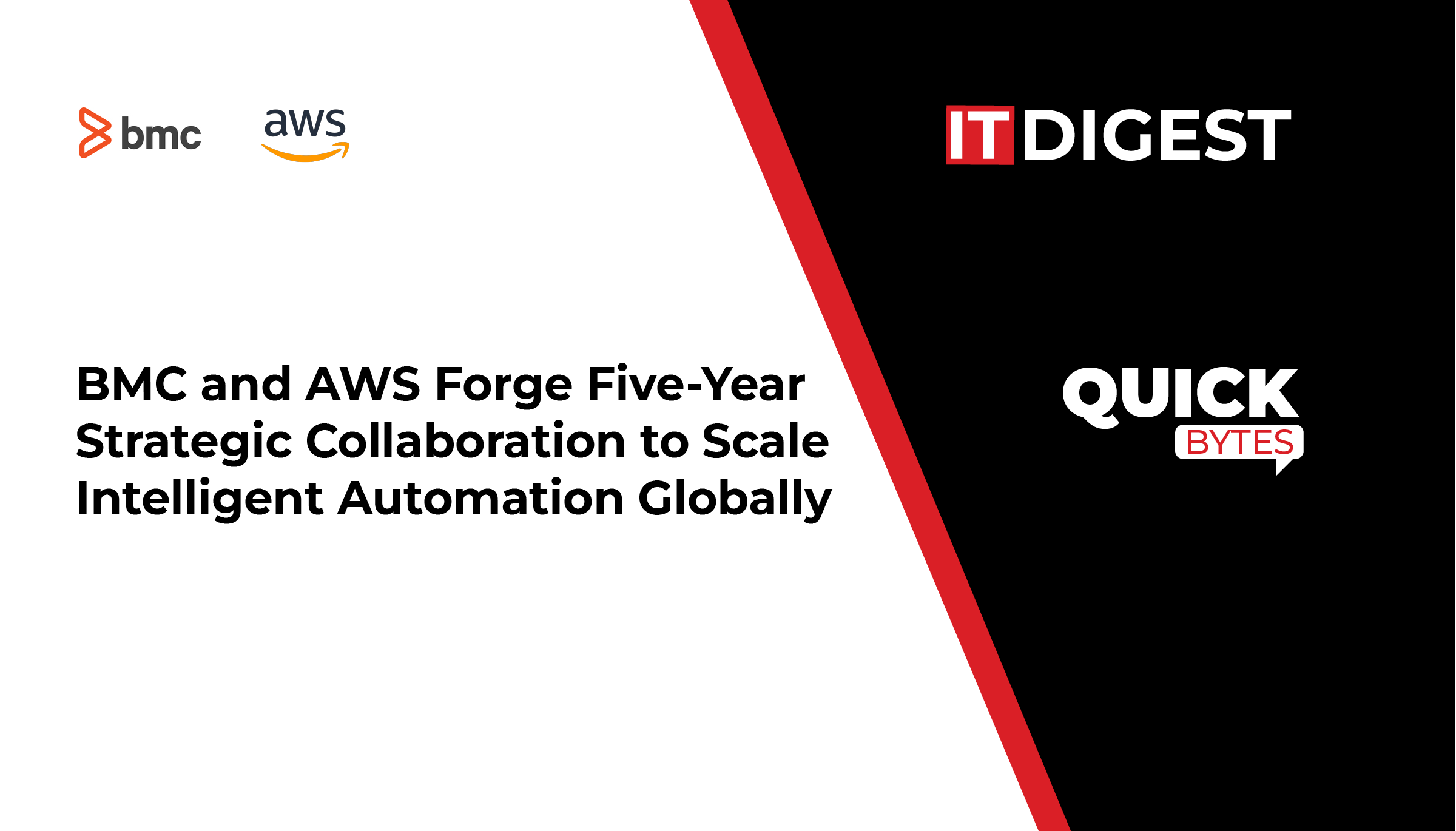Here is IT Digest’s weekly roundup of the top news from global markets. In this fast-paced world, breaking down information helps readers grasp the nuances that follow the news.
In Hardware and Network news this week…
NVIDIA and Nokia Forge Strategic Alliance to Power AI-Native 6G Networks
Global technology leaders NVIDIA and Nokia announced a landmark partnership designed to bring AI-native mobile networks to the forefront of telecommunications infrastructure. The collaboration centres on embedding NVIDIA-powered, commercial-grade AI-RAN (Radio Access Network) products into Nokia’s world-leading RAN portfolio, enabling operators to deploy AI-driven 5G Advanced and 6G networks at scale.
In Cloud Computing & Mobility news this week….
Incode Launches Agentic Identity to Verify and Secure AI Agents in the Era of Autonomous Computing
Incode Technologies (Incode), a global leader in identity security and fraud prevention, announced the launch of its new solution, Agentic Identity, designed to enable enterprises to verify, authorize and continuously monitor autonomous AI agents with confidence.
In FinTech news this week….
Intuit Launches AI-Powered System to Drive Business Growth
Global financial-technology platform Intuit Inc., the company behind TurboTax, Credit Karma, QuickBooks and Mailchimp, announced a comprehensive transformation of its all-in-one business platform. The initiative introduces Intuit Intelligence, a revolutionary system of intelligence designed to unify data, AI-driven agents and human expertise under one umbrella enabling businesses and accounting firms to accelerate growth in the AI era.
In Cybersecurity news this week….
OpenAI launches “Aardvark” – an agentic security researcher
OpenAI announced another offering, Aardvark: “an agentic security researcher,” which is now available in private beta. Per the announcement, Aardvark is powered by the GPT-5 model; it’s designed to think like a human security researcher by scanning code repositories, analyzing commit-level changes, modeling threats, validating exploitability, and even proposing patches.
In Information and Communications news this week…
IBM Research Unveils ALTK – An Open-Source Agent Lifecycle Toolkit
IBM Research announced the release of the Agent Lifecycle Toolkit (ALTK), an open-source initiative developed to help enterprises build more robust, reliable agents that can reason, call tools, produce structured outputs and operate at enterprise scale.
In Artificial intelligence news this week…
Microsoft’s Copilot Fall Release: A Leap Toward Human-Centered AI
Microsoft launched its Copilot Fall Release, which is a significant milestone in the field of artificial intelligence. The release is accompanied by a set of features to make AI more personal, intuitive, and human-like. The essence of this transformation is “human-centered AI” to empower humans rather than replace them.
In Computer Science news this week…
IQM collaborates with NVIDIA on NVQLink to enable scalable quantum error correction
The quantum computing hardware pioneer IQM Quantum Computers has entered into a strategic collaboration with NVIDIA Corporation, aimed at advancing the integration of the NVQLink architecture to deliver scalable quantum error correction across next-generation systems.







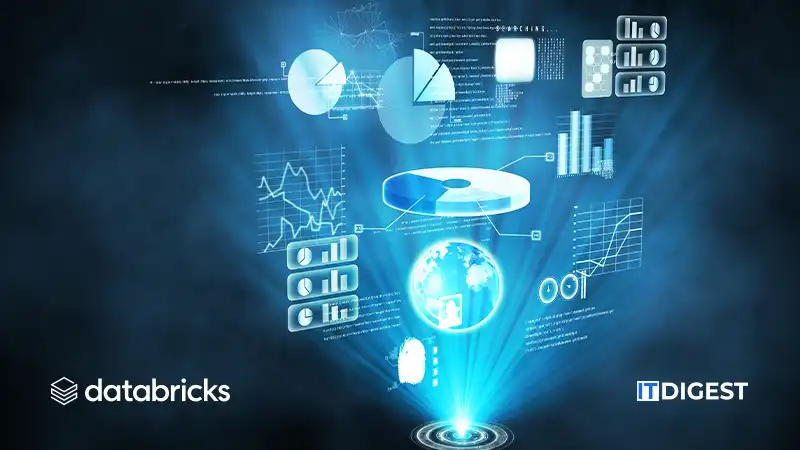
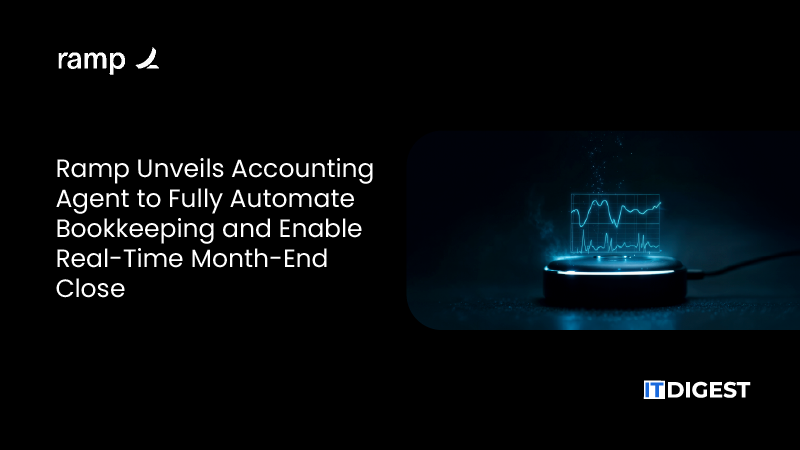
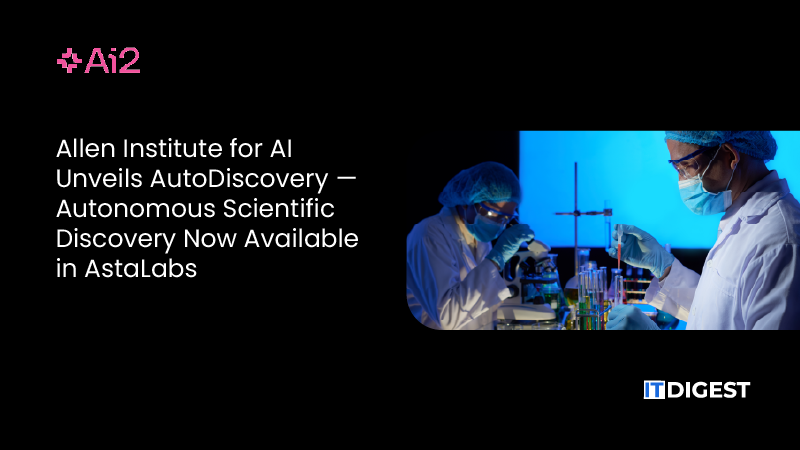
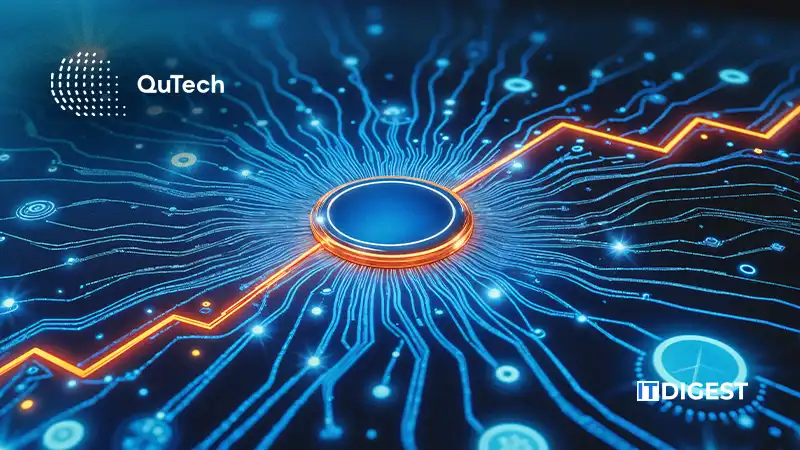




















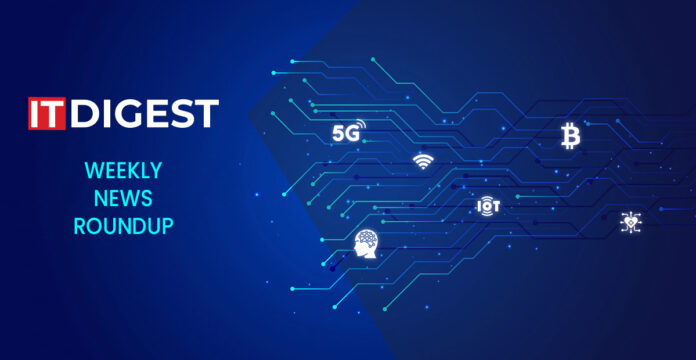
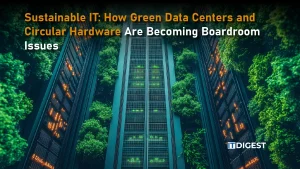 What happens when the world’s digital engine starts overheating the planet that powers it? The scenario is that every picture uploaded, each movie viewed, and all AI models trained, go through data centers that consume vast resources in terms of electricity and water. With the global warming being a major factor, it has become increasingly difficult and costly to maintain the cooling systems for those machines. The World Economic Forum estimates that extreme heat and drought could push global data center costs up by about 81 billion dollars a year by 2035, and as high as 168 billion by 2065. That’s not a distant threat, it’s a financial storm building right now.
What happens when the world’s digital engine starts overheating the planet that powers it? The scenario is that every picture uploaded, each movie viewed, and all AI models trained, go through data centers that consume vast resources in terms of electricity and water. With the global warming being a major factor, it has become increasingly difficult and costly to maintain the cooling systems for those machines. The World Economic Forum estimates that extreme heat and drought could push global data center costs up by about 81 billion dollars a year by 2035, and as high as 168 billion by 2065. That’s not a distant threat, it’s a financial storm building right now.
